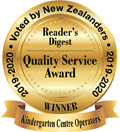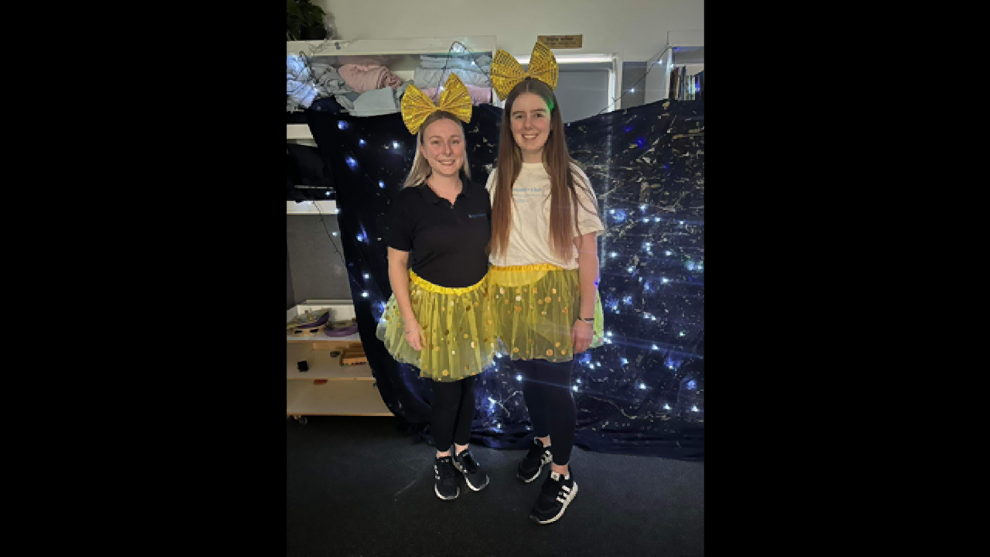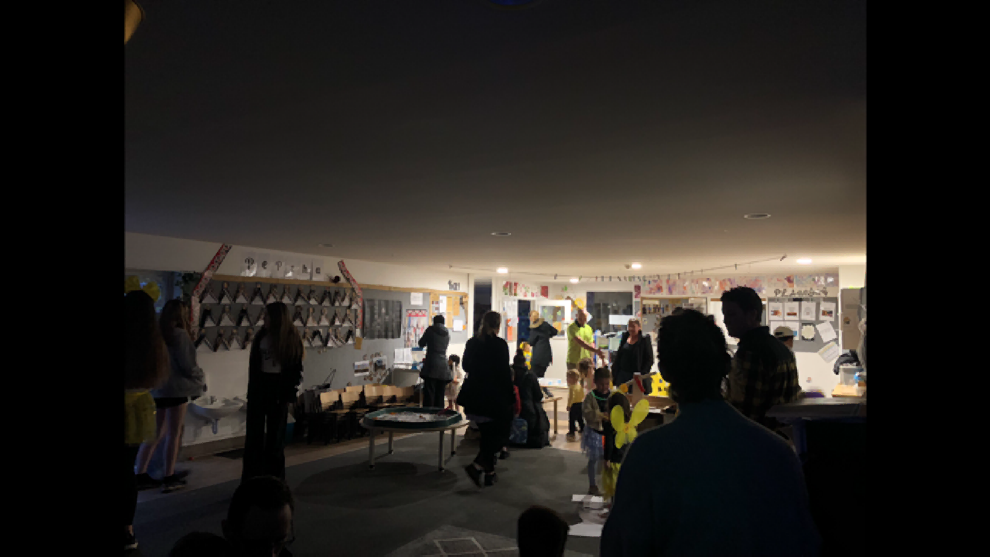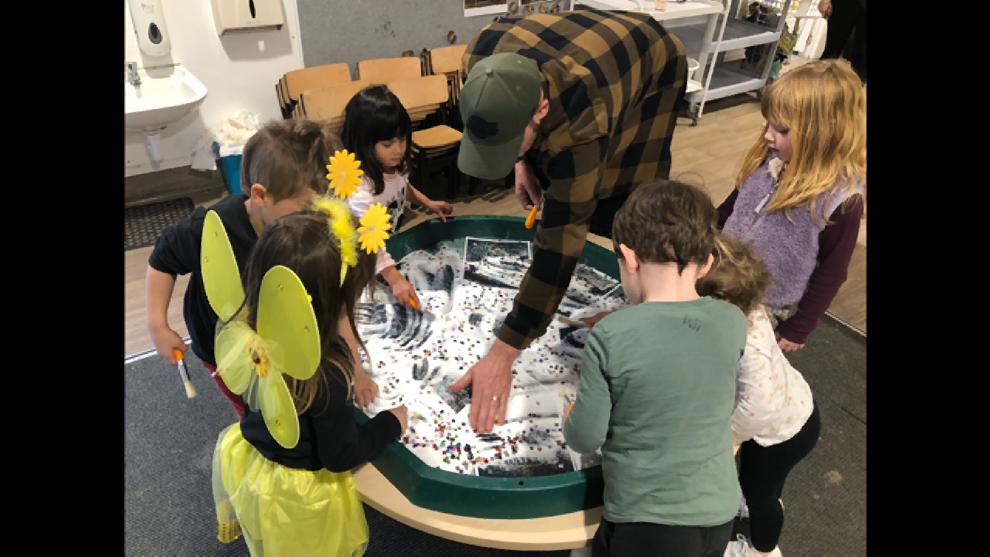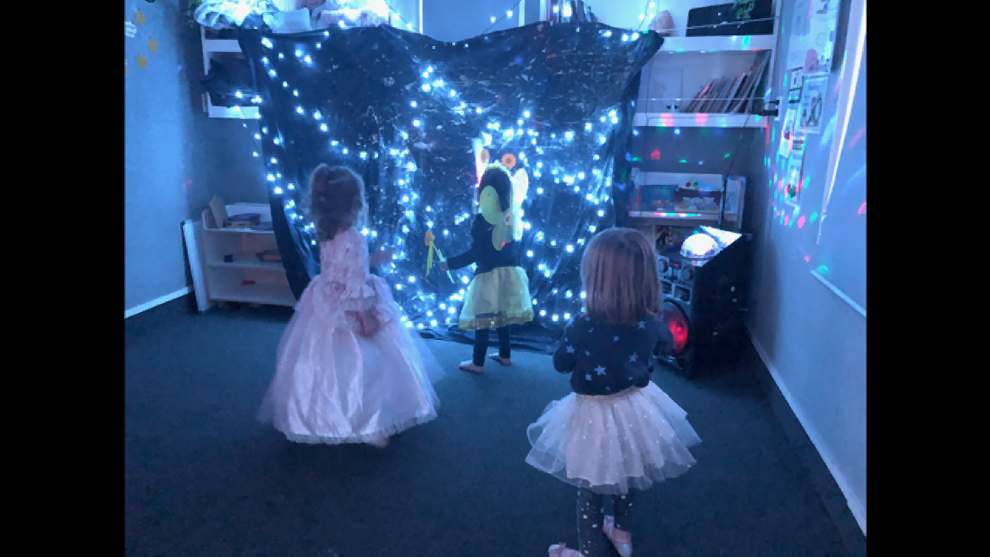LATEST STORIES
Matariki at BestStart Parklands
Twinkling in the winter sky just before dawn, Matariki (the Pleiades) signals the Māori New Year. For Māori, the appearance of Matariki heralds a time of remembrance, joy, and peace. It is a time for communities to come together and celebrate. Traditionally, Matariki was a time to acknowledge those who were no longer with us and to release their spirits to become stars. It was also a time to reflect, to be thankful to the gods for the harvest, to feast, and to share the bounty of the harvest with family and friends.
The week leading up to Matariki, we asked whanau if they would like to contribute a vegetable. This would go towards our shared kai of vegetable soup to have on the evening of our celebration. Matariki is all about coming together as a community, and we did just that! We held an afternoon/evening celebration in the centre so all could attend. Our starry disco started at 4:30pm and we all had a great time dressing up in yellow and sparkly outfits.
Then we had our shared kai of vegetable soup where one of our tamariki decided he would like to call out the karakia with his kaiako. We were all so proud of him for getting up in front of everyone. The vegetable soup turned out delicious, and one of our Parklands whanau made some Maori fry bread to share alongside the soup. After we had all shared kai together, we sat down and had some great korero. We had lots of tabletop activities on offer and the tamariki and their whanau enjoyed the crafts and activities. They were all matariki-themed and ranged from sensory activities, to painting, to playdough.
The evening was drawing to an end, and we had some lovely feedback from our whanau who attended the fantastic Matariki celebration at Parklands. We are looking forward to celebrating once again next year. Some learning outcomes were making connections between people, places, and things in their world (te waihanga hononga) and also understanding oral language and using it for a range of purposes (he kōrero ā-waha)


